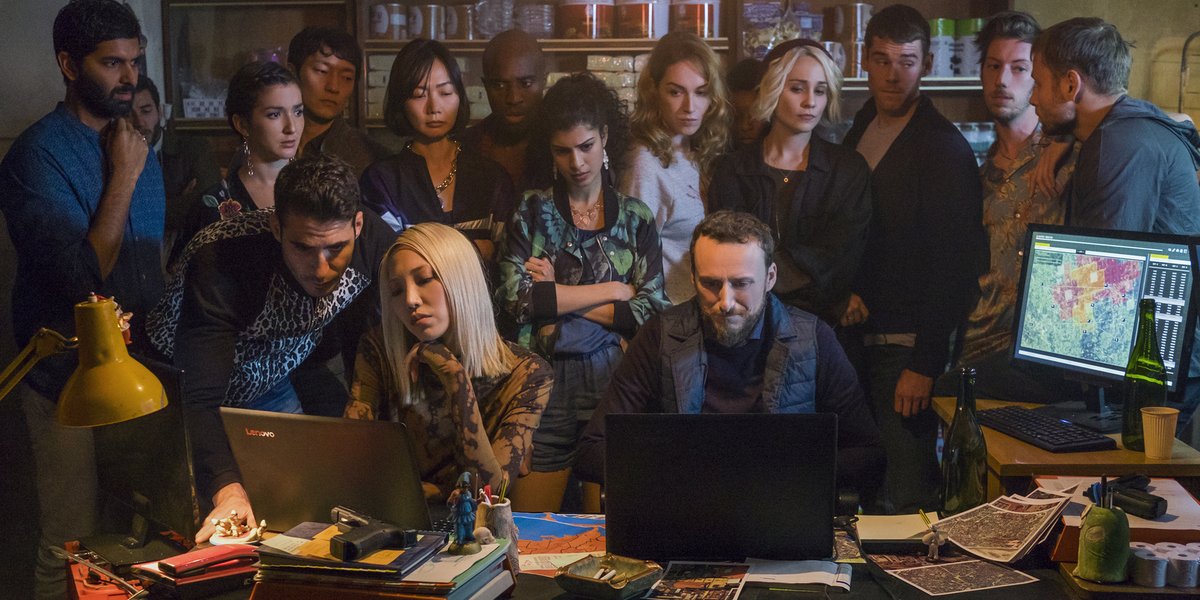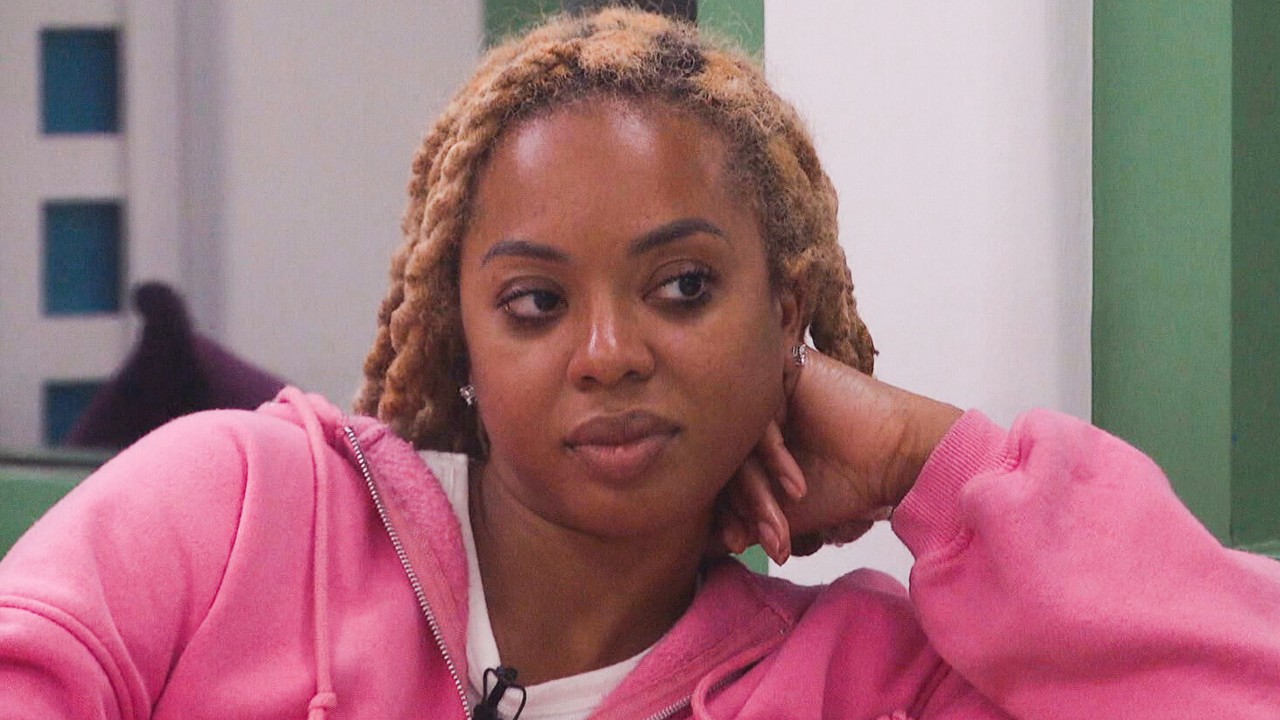Why Netflix Keeps Cancelling Popular Shows

Netflix is the place to be when it comes to sheer volume of television options, with a library so packed with originals that the real challenge can be deciding which shows to pick. That said, the streaming giant has a trend of cancelling shows that are popular enough to hold top spots on the Top 10 ranking, accumulate massive followings on social media, and generate the best kind of buzz. So, why has Netflix cancelled popular shows ranging from Sense8 to GLOW to Away?
Let's break it down. Although largely driven by data, Netflix doesn't release viewership numbers to the public, so subscribers can't gauge whether or not a show is a genuine hit until the streamer makes a decision about its future. The numbers that Netflix does release are generally those showing off the size of its biggest hits, including Cobra Kai after moving over from YouTube and Ryan Murphy's Ratched. That said, vice president of original programming Cindy Holland has explained how Netflix uses its in-house numbers.
Speaking at the TCA press tour in 2018 (via Wired), vice president of original programming Cindy Holland explained that the biggest factor Netflix considers when it comes to renewing or cancelling shows is whether or not they're "getting enough viewership to justify the cost of the series." For some expensive shows like The Crown and Stranger Things, the results obviously justify the costs. Other shows that are popular without reaching mega-hit status might simply not have the numbers.
Of course, television production in 2020 is very different than it was in 2018 due to the COVID-19 pandemic that all but brought the entertainment industry to a standstill in the spring. Complications and costs when it comes to potential filming during the pandemic resulted in the cancellation of two shows that had actually already been renewed: GLOW, which was slated to return for a fourth and final season, and The Society, which had already received and then lost an order for Season 2.
I Am Not Okay With This, which seemingly had the potential to be a Stranger Things-esque offering between seasons of Stranger Things, was expected to return for Season 2 before being officially cancelled as well. Showrunner Jonathan Entwistle shed some light on what production under COVID protocols would mean from a budget standing, telling Insider about what it would take to "COVID-proof the show" for a second season:
I think I've seen a few people talking and the figures are about right: It's about anywhere between $5 to $10 million per season of television for the PPE, and for the testing, and for the systematic changes with which to make it safer.
The costs of COVID production also resulted in reduced orders for some of the biggest shows on network television, and networks actually have an advantage of Netflix in this regard. Like CBS with NCIS, costs can be curtailed by trimming episode orders and making changes on the fly, whereas Netflix orders full seasons of untested shows right off the bat without early feedback that could come from a traditional pilot process.
It's also worth noting that Netflix's mega-hits are actually fairly few and far between, and the ongoing search for the next Stranger Things may mean a lot of new shows being given one shot to sink or swim. Audience sizes that would be impressive for a network or even a rival streamer might not be big enough for Netflix, and even fan outcry after cancellation often doesn't result in any changes. Sense8 fans did get a movie to tie off loose ends, and Lucifer was rescued after being cancelled for the second time, but those are exceptions rather than rules.
Your Daily Blend of Entertainment News
Unfortunately, there's no dependable way to gauge whether or not Netflix is going to renew a show that's on any tier lower than Stranger Things, especially when the price is high. In the COVID era, there is also the concern of whether shows are conducive to filming without large crowds. Even making the Top 10 list like Teenage Bounty Hunters and starring an Oscar-winner like Hilary Swank's Away aren't safe.
So, for as much as shows like Emily in Paris and Julie and the Phantoms seem like hits that have accumulated devoted fans in a somewhat niche genre, nothing is certain. What is for sure is that Netflix boasts no shortage of options, ongoing and otherwise. Check out our 2020 Netflix premiere schedule for some options!

Laura turned a lifelong love of television into a valid reason to write and think about TV on a daily basis. She's not a doctor, lawyer, or detective, but watches a lot of them in primetime. CinemaBlend's resident expert and interviewer for One Chicago, the galaxy far, far away, and a variety of other primetime television. Will not time travel and can cite multiple TV shows to explain why. She does, however, want to believe that she can sneak references to The X-Files into daily conversation (and author bios).
